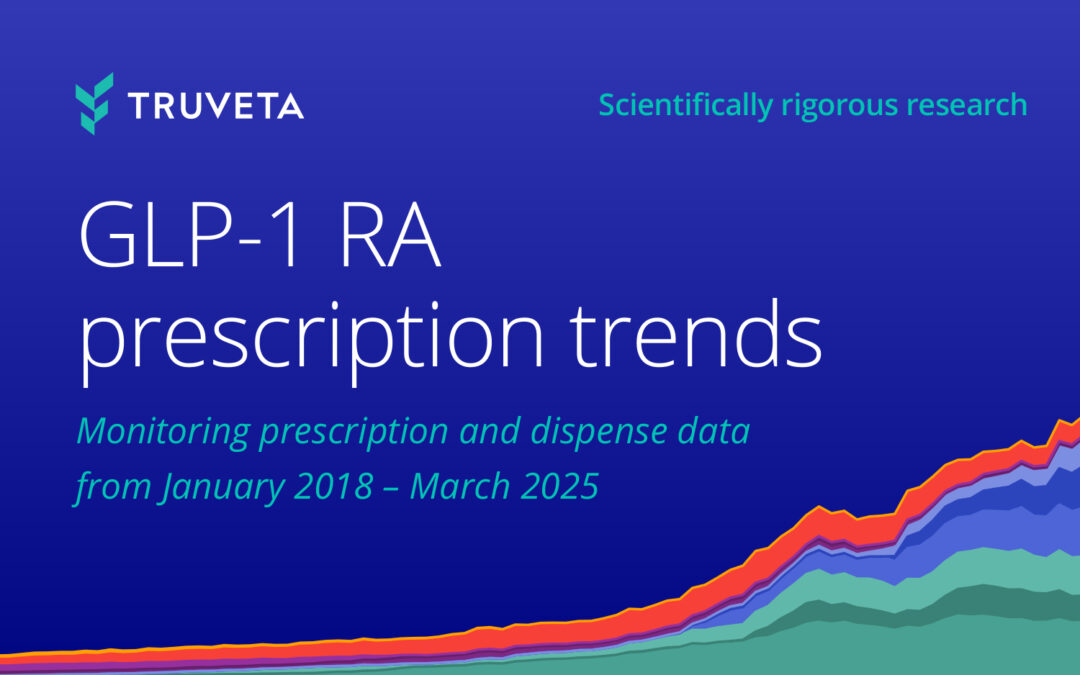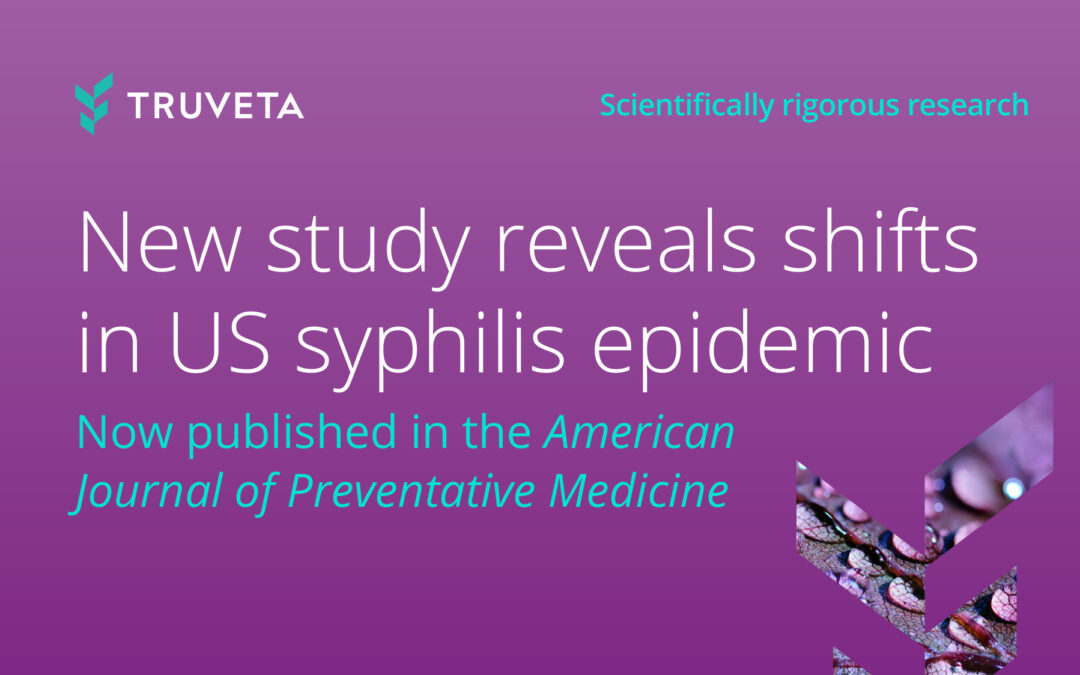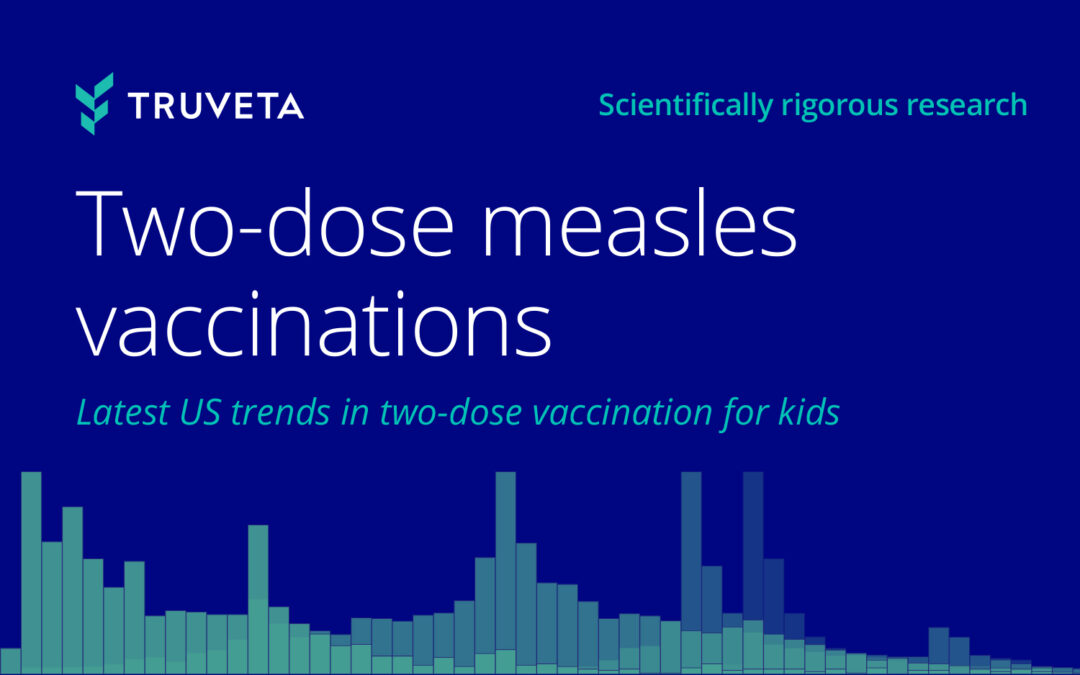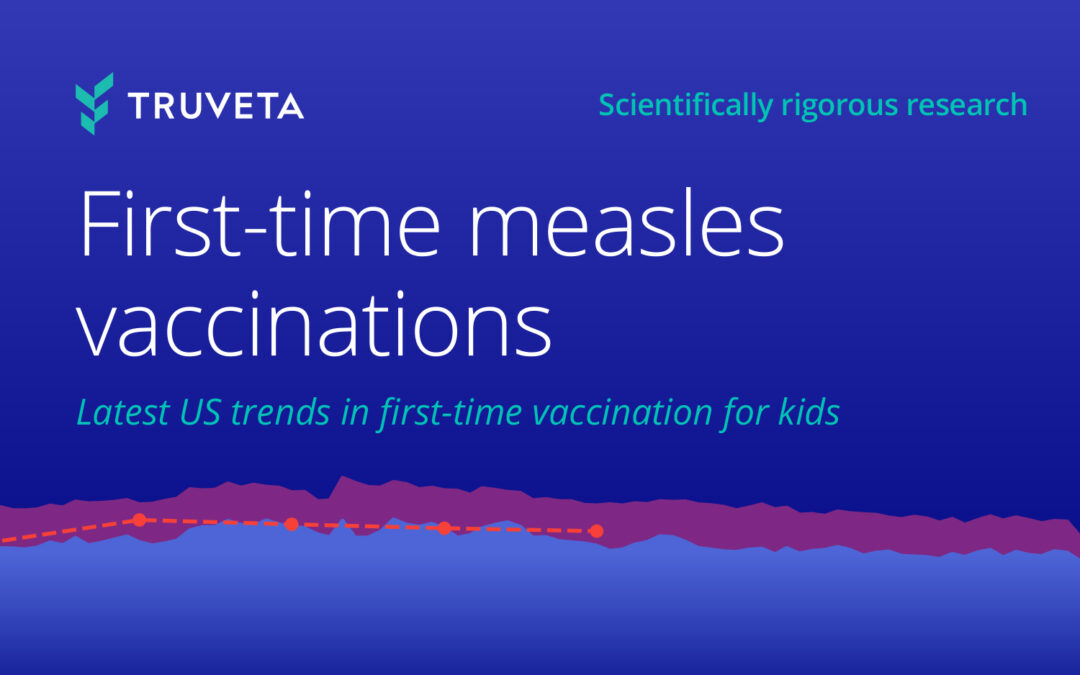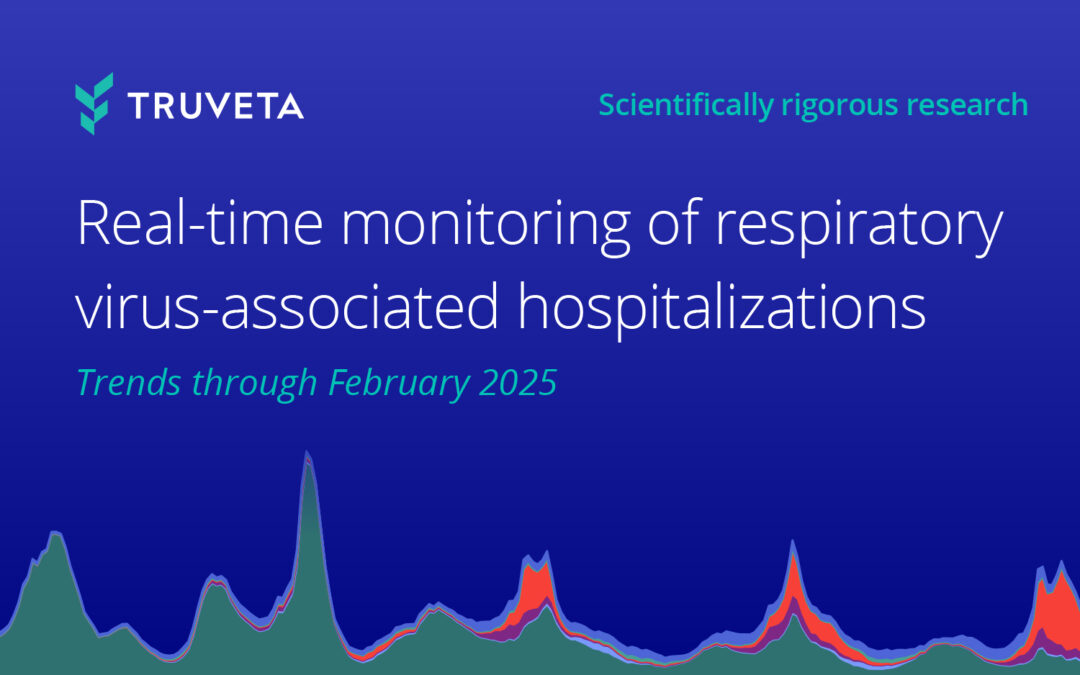Scientists from the Institute for Systems Biology (ISB) have published new research in the JMIR Public Health and Surveillance journal. The work explores the National Institute of Health (NIH) recommendation for prophylactic anticoagulant use for pregnant patients hospitalized for the manifestation of COVID-19.
Both COVID-19 and pregnancy are associated with hypercoagulability. Due to increased risk for thrombosis, the NIH recommendation for prophylactic anticoagulant use for pregnant patients has expanded beyond pregnant patients hospitalized for severe COVID-19 manifestation to all patients hospitalized for the manifestation of COVID-19.
The goal of the study was to characterize prophylactic anticoagulant use among hospitalized pregnant people with COVID-19.
The researchers conducted a retrospective cohort study in a large US healthcare system across seven states to determine the anticoagulant administration rate. They then validated that anticoagulant administration rate against Truveta Data, which provides a diverse and representative population from across the US. The team examined patient data between March 20, 2020 and October 19, 2022.
Unexpectedly, across both data sets, the study found that most hospitalized pregnant COVID-19 patients did not receive prophylactic anticoagulants as guidelines recommended. The patients who did receive preventative treatment in the hospital were more likely to have had a greater number of health issues prior to admission. However, despite this, they did not have a higher rate of adverse maternal-fetal health outcomes, coagulopathy, or bleeding.
“It was important to explore whether the rates of anticoagulation administration were specific to our seven-state geographic region or were consistent across the nation,” said ISB Associate Professor Jennifer Hadlock, MD, the corresponding author on the research. “By comparing the regional rate with the national Truveta Data, we validated that the low adoption was representative of real-world patient care across the country. This is an important public health issue because it is known that even mild cases of COVID-19 during pregnancy can increase risk for poor birth outcomes, and the NIH guidelines continue to recommend a prophylactic dose of anticoagulation for pregnant patients who are hospitalized for manifestations of COVID-19, unless a contraindication exists.”
The full research – including methods, results, and conclusions – can be found in JMIR Public Health and Surveillance.

